Beth El Blast Yizkor Sunday & April events
Tonight’s Friday evening services will begin at 7 PM. Zoom and in person.No Sunday school, but please join us this Sunday at 11 AM for Yizkor – in person or via zoom using the Friday night link. Friday Night Zoom
Link: https://us02web.zoom.us/j/82884019311
Cantor Ben-Moshe’s Weekly Message: This Shabbat is the seventh day of Pesah, the day on which we read the story of the Crossing of the Sea of Reeds. B’nei Yisrael burst into song when they saw their enemies destroyed and knew that they were truly freed from Egypt. Since there was no Shabbat Hol Hamo’ed, Intermediate Shabbat of Pesah, we read another song as well-Shir Hashirim, the Song of Songs. The obvious connection to Pesah is that the Song describes spring in Eretz Yisrael. But on a deeper level, the love poetry corresponds to the love story, as it were, between God and the People of Israel. The prophet Jeremiah referred to this period when B’nei Yisrael first went into the wilderness as their honeymoon with God. Jeremiah recalls that love as an example for the Jewish People of his day-may it be for us as well. Shabbat Shalom u’Mo’adim L’Simhah.
השבת , בשביעי של פסח, אנו קוראים את פרשת קריטת ים סוף. כשראו בני ישראל את צבא מצריים טובע בים, והבינו שהם באמת חופשיים. אנחנו קוראים גם בשבת הזאת את שיר השירים, שמתאר את האביב בארץ, אבל הוא גם סיפור אהבה, שחז״ל השוו לאהבה התריה בין ה׳ לעם ישראל. שבת שלום ומועדים לשמחה.
No BERS Sunday school due to the Passover Chag – day eight. Please join us the rest of April! Thank you to all who helped with the second Second Night Seder via zoom. We had a blast and enjoyed hearing Logan sing the four questions! Yesher koach to him, the Hazzan, Shereen, Yosef and all who helped.Thank you to our amazing Mitzvah Makers who made delicious matzah ball soup and delivered it to those in need. Do you know that we even had a family that was stuck in Austin over Passover and needed Hagadoth, a seder plate, grape juice and soup and were so unbelievably grateful that they found a congregation in a new and unfamiliar city that was able to help them celebrate Passover. That’s the kind of shul we are all proud to call our Jewish Home!


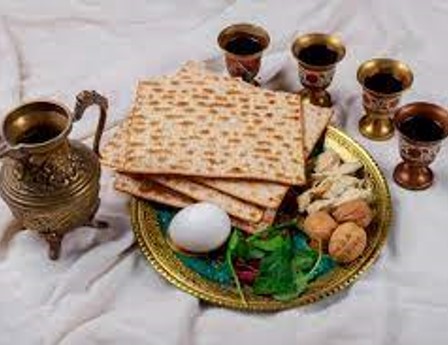
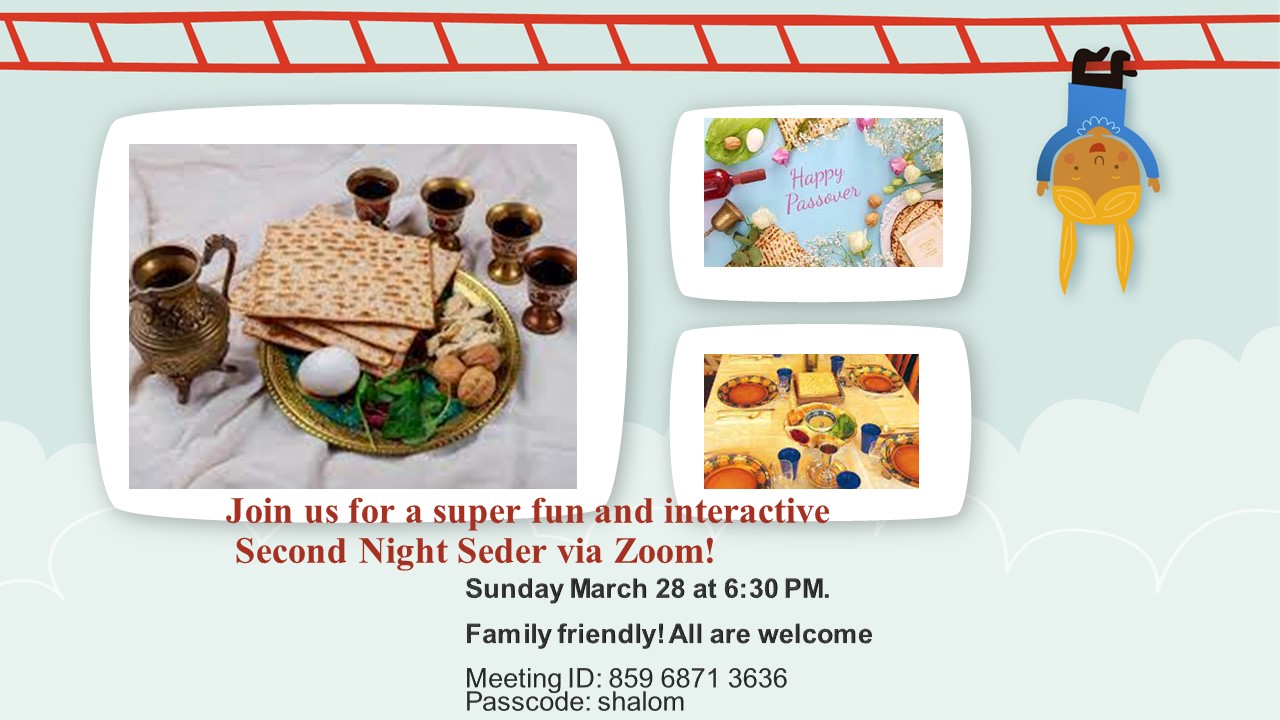
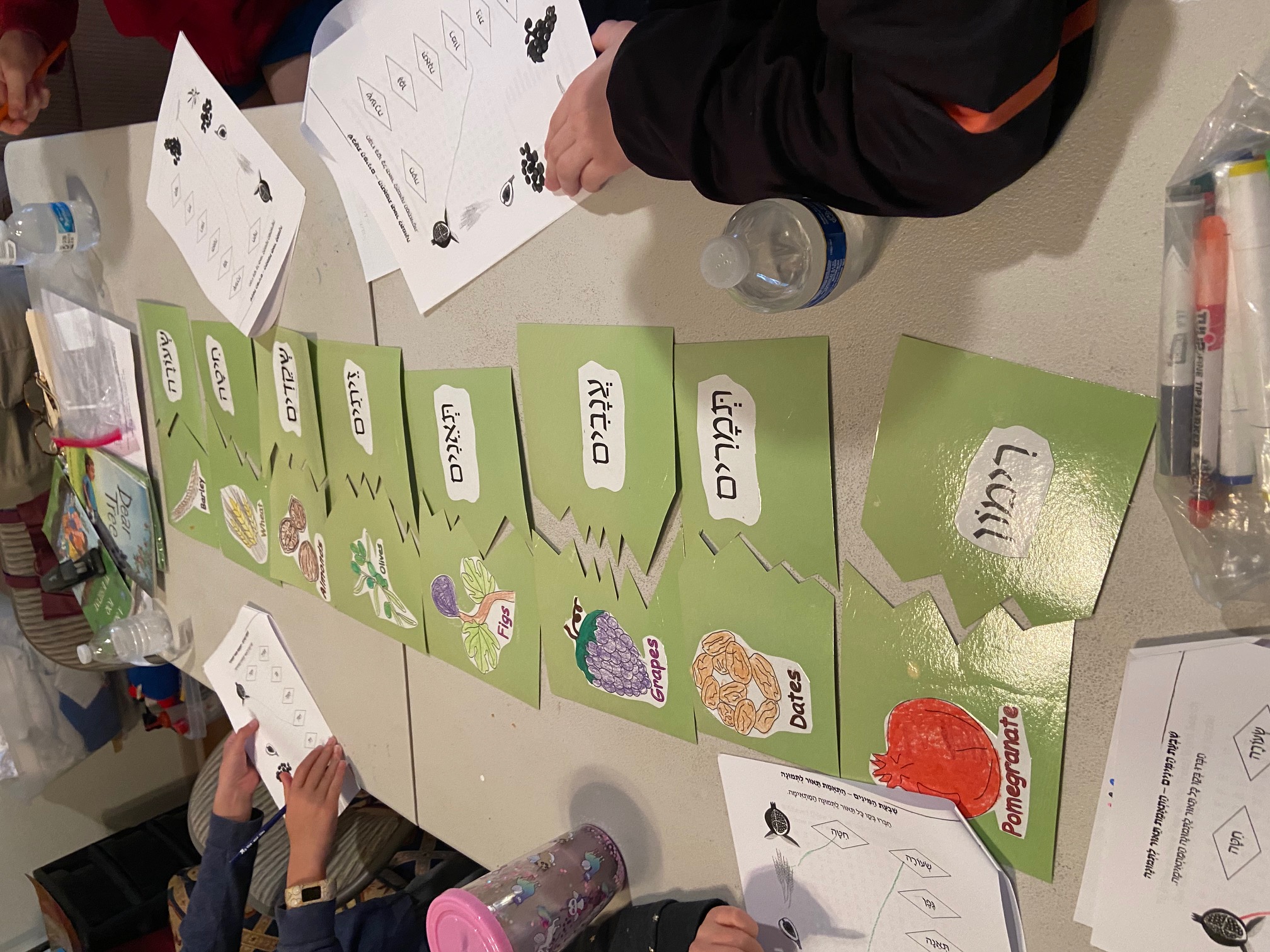
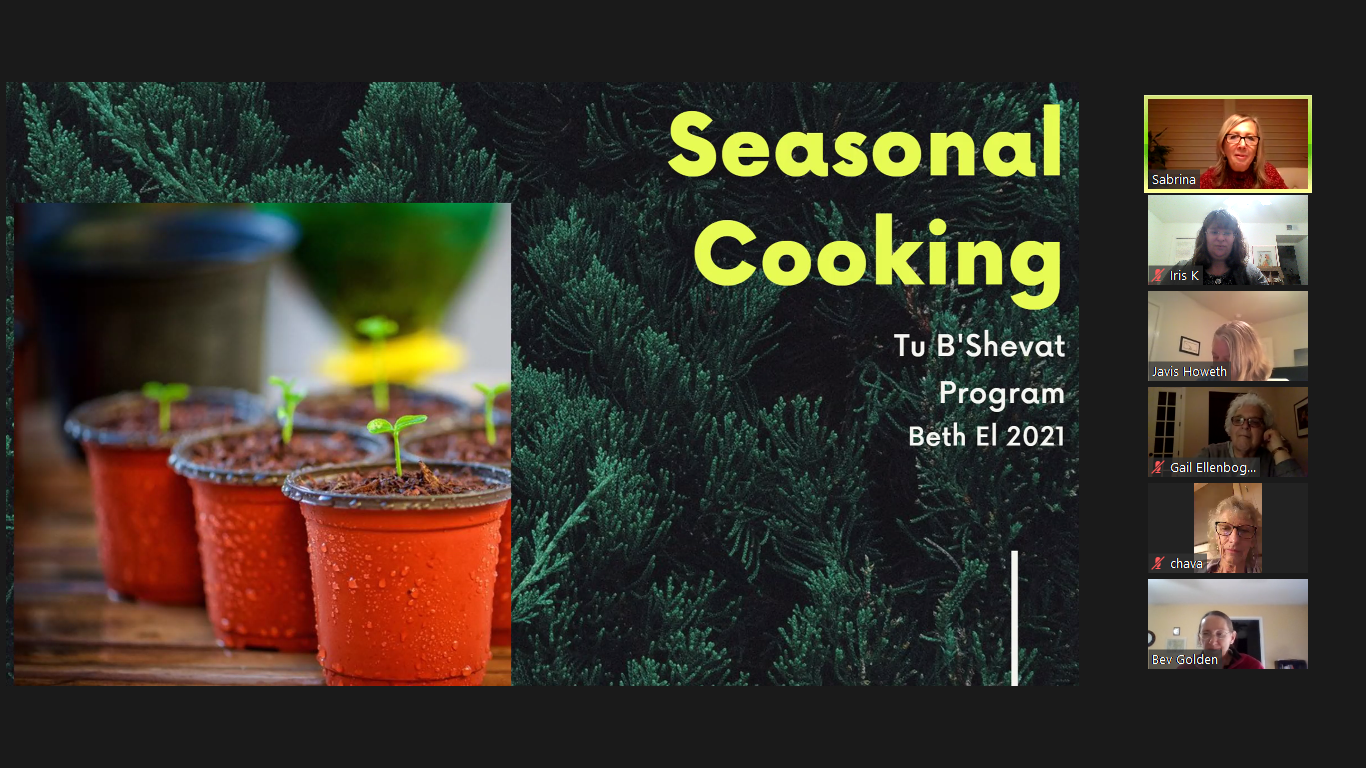
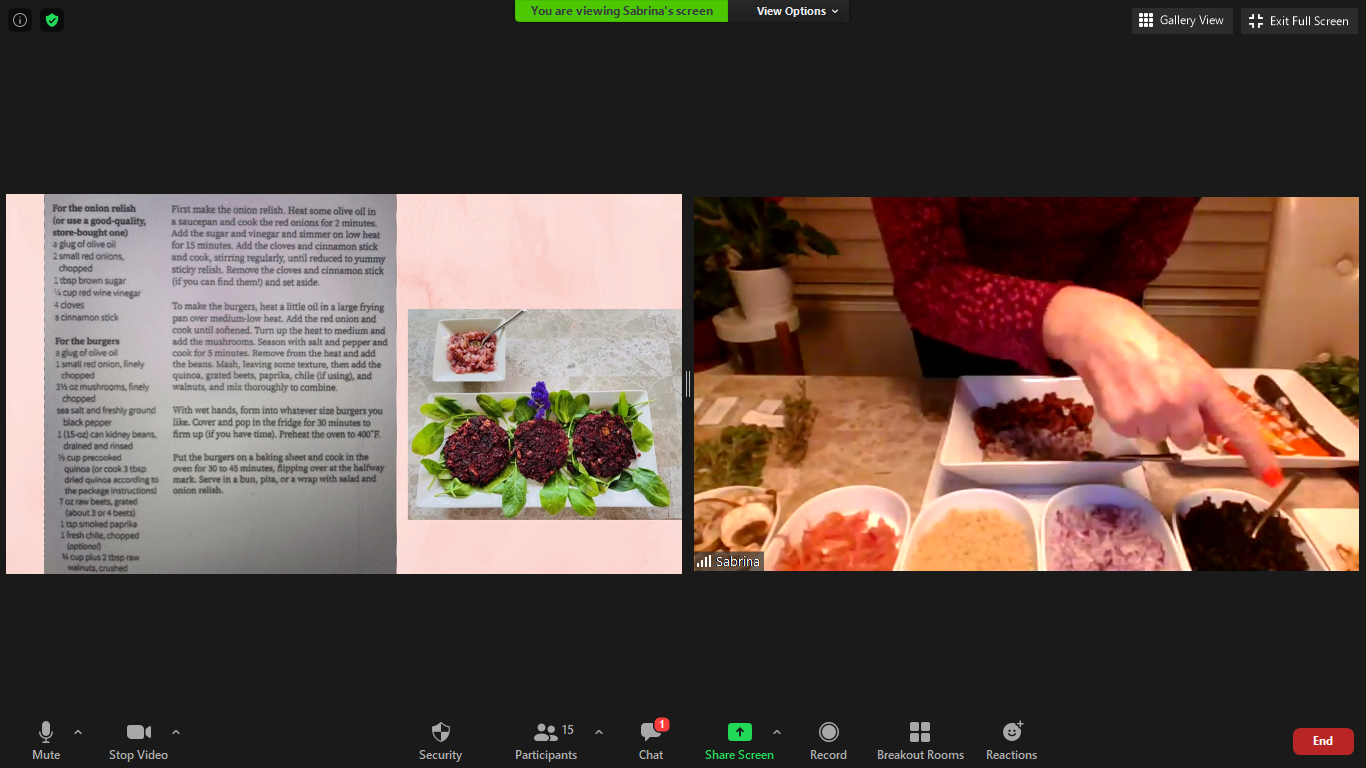
 Sisterhood Book Club:
Sisterhood Book Club: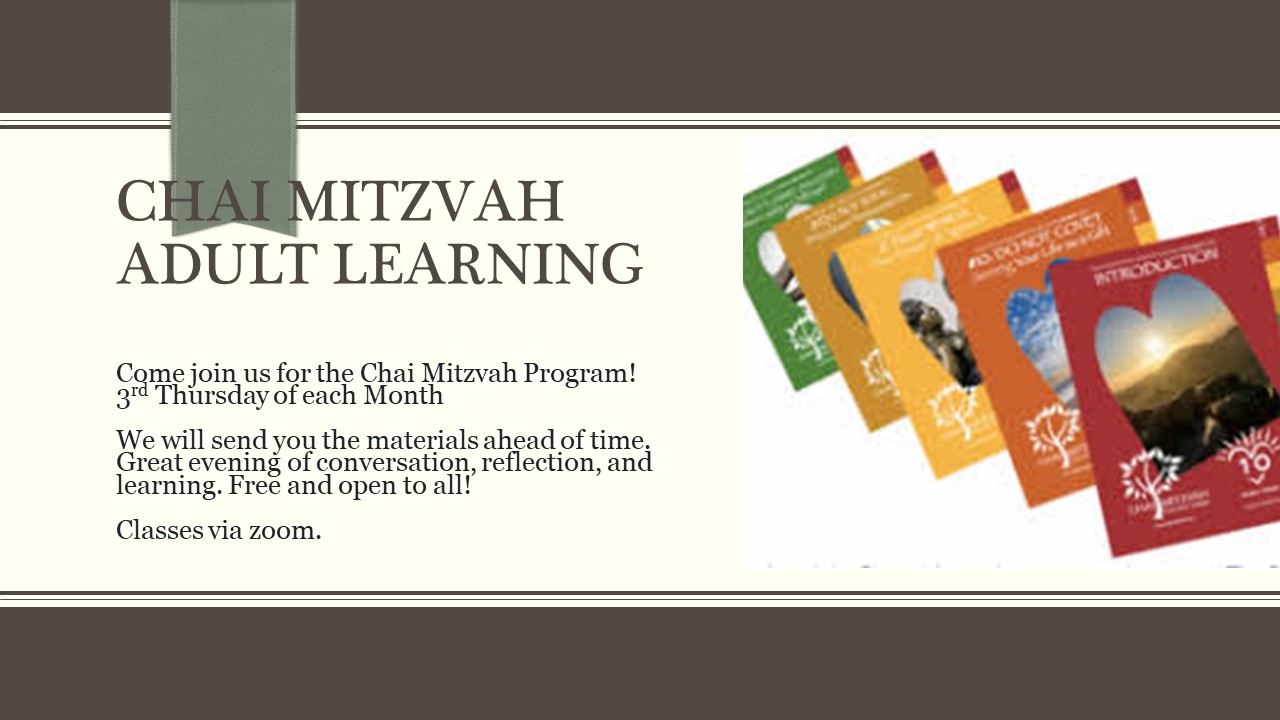
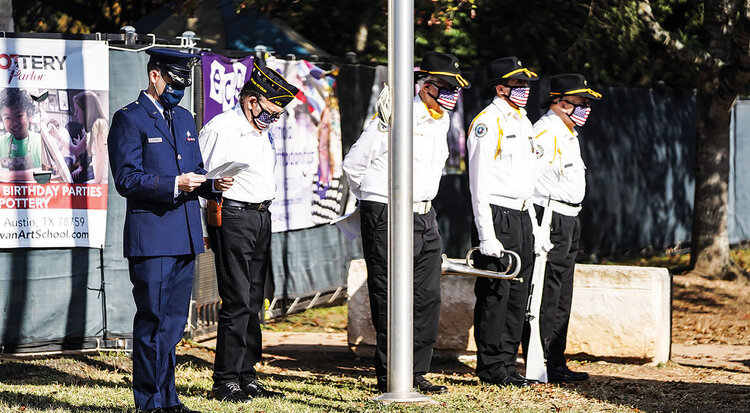 Austin Jewish War Vets Post 757 is very interested in gaining new members. We meet monthly on Zoom and would like to invite all of your veterans to our meetings. They are welcome to sit-in as guests.To join in our next JWV Zoom meeting pleasecontact: Charlie Rosenblum Commander, Post 757Jewish War Veterans of the United StatesAustin, Texas
Austin Jewish War Vets Post 757 is very interested in gaining new members. We meet monthly on Zoom and would like to invite all of your veterans to our meetings. They are welcome to sit-in as guests.To join in our next JWV Zoom meeting pleasecontact: Charlie Rosenblum Commander, Post 757Jewish War Veterans of the United StatesAustin, Texas